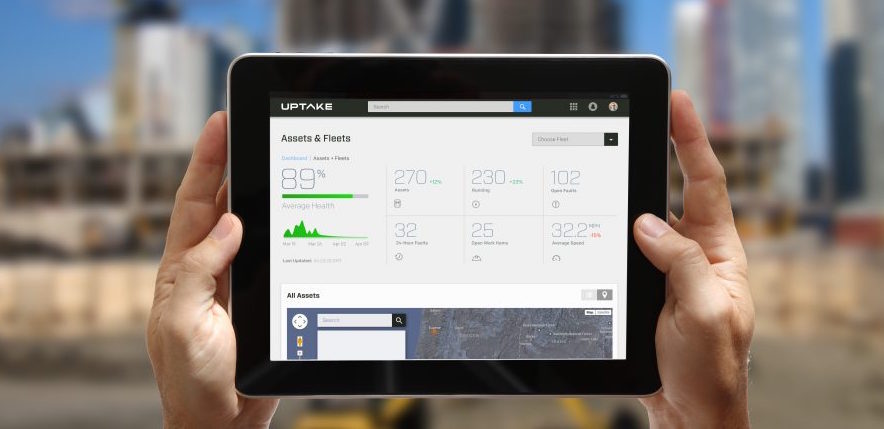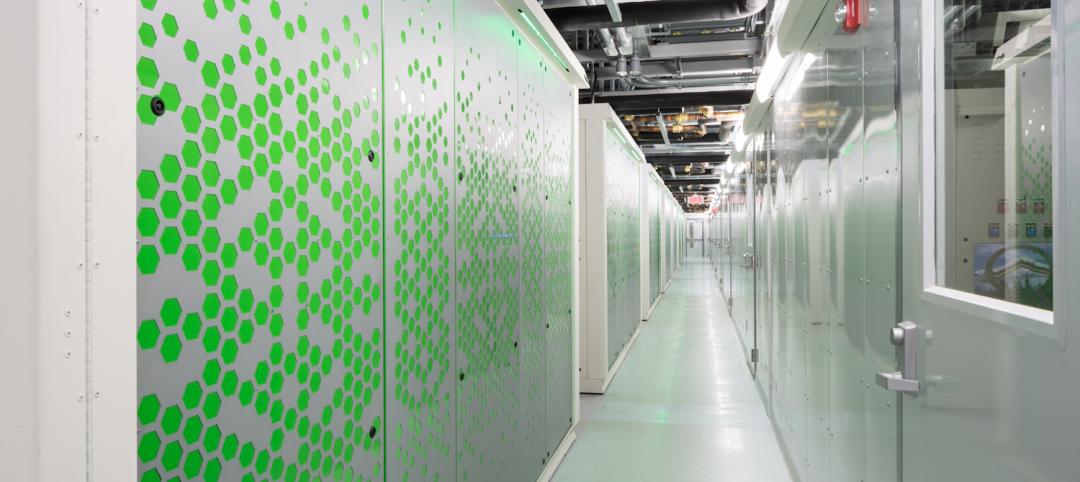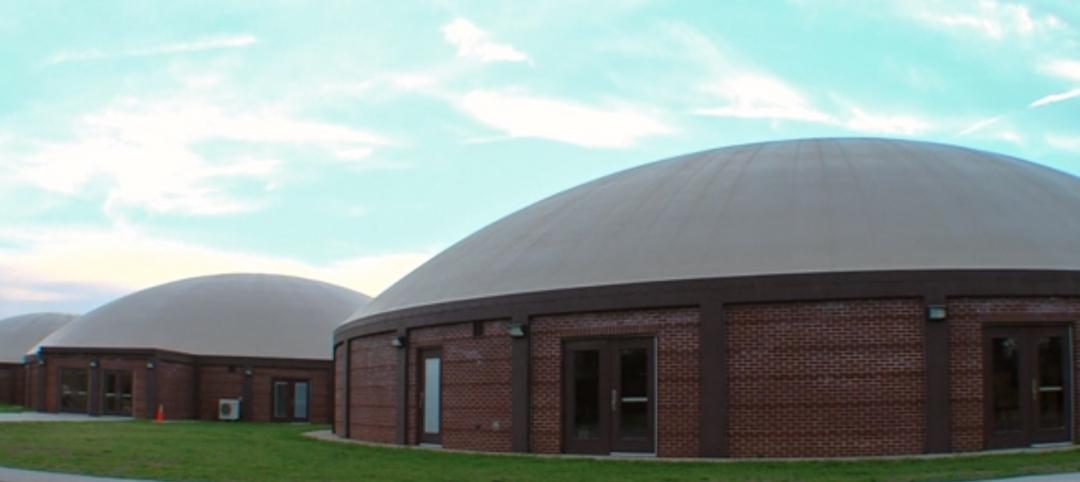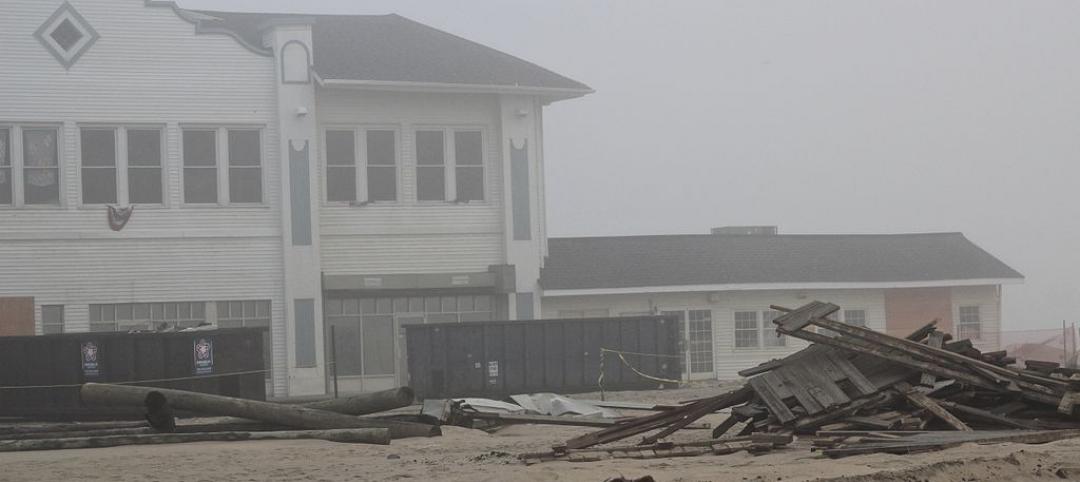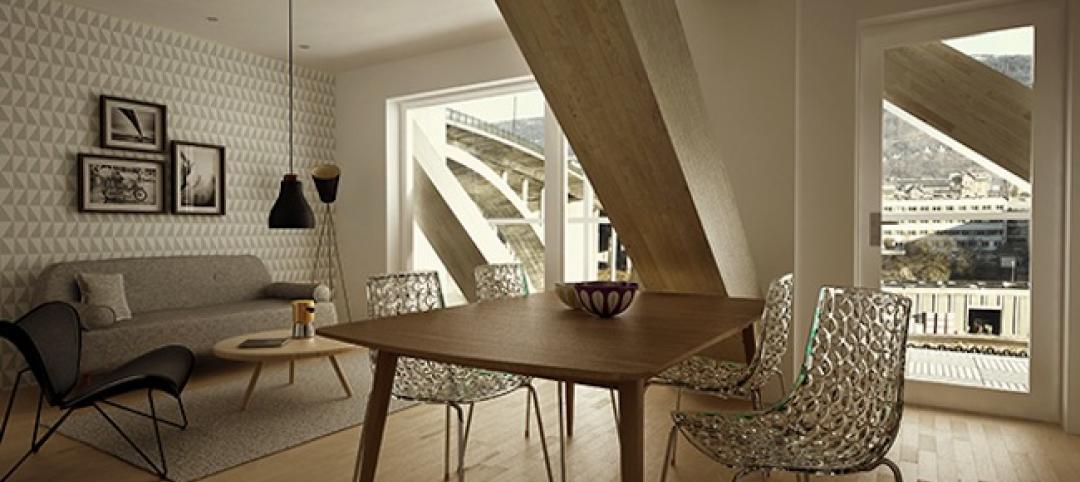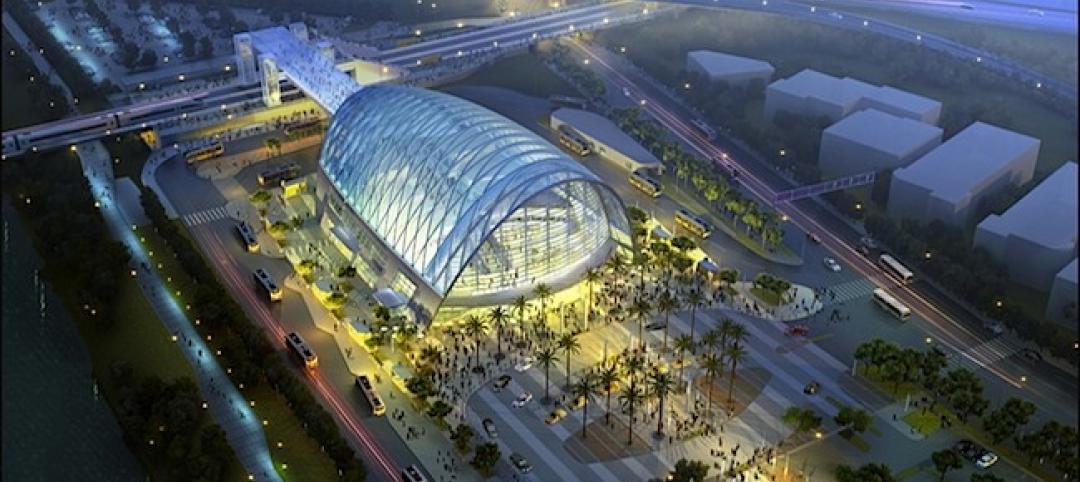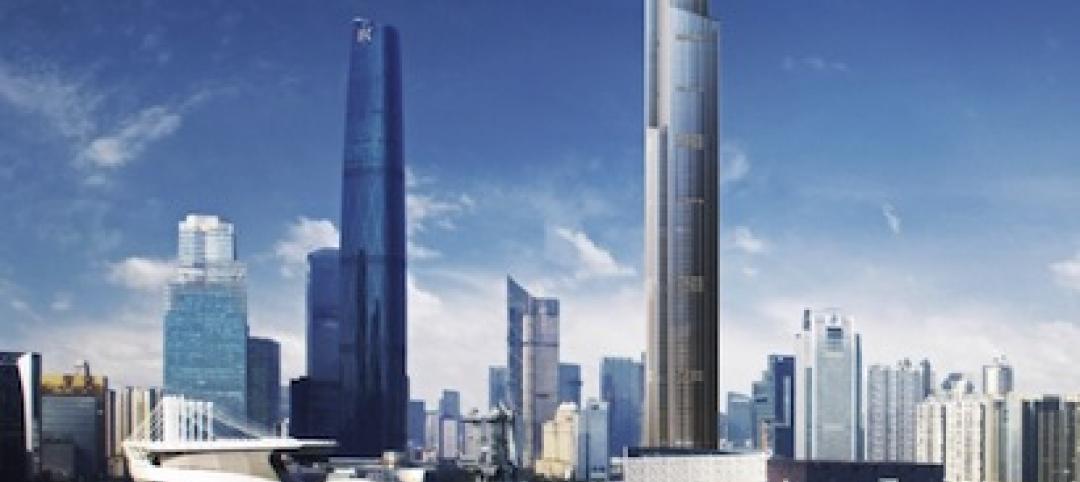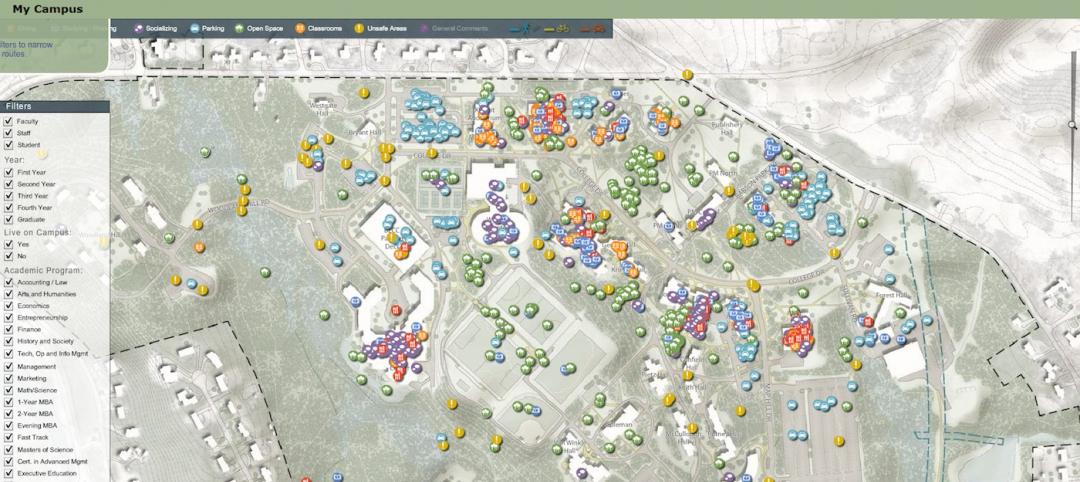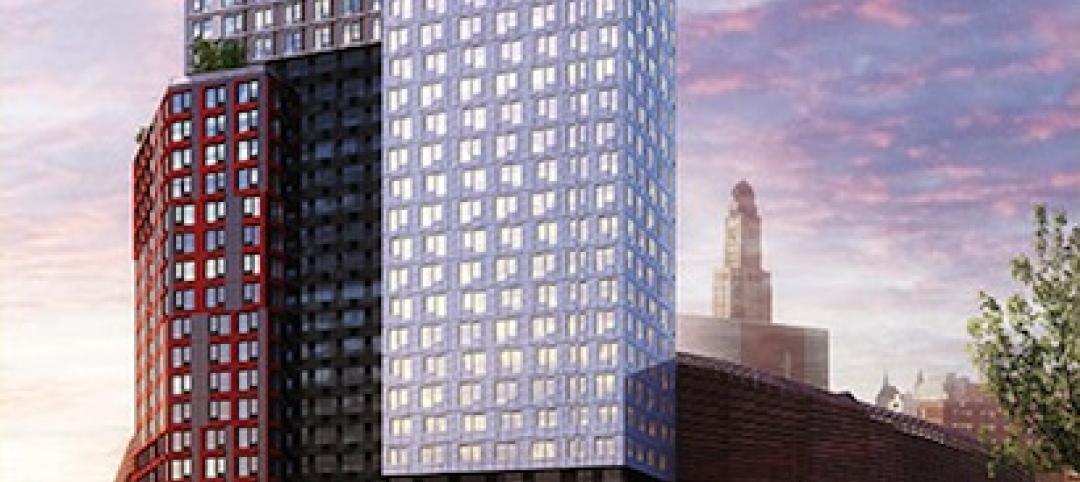During the first half of 2018, venture capital firms invested a record $1.05 billion in construction technology startup companies, or nearly 30% more than during the same period in 2017, according to a new report from JLL.
Since 2009, VCs have funded 478 ConTech deals totaling $4.34 billion. “The construction sector is on the verge of major disruption, as tech startups tackle head-on the industry’s biggest pressure points,” says Todd Burns, President of Project and Development Services for JLL.
Indeed, JLL put its money where its mouth is when it brought on two Silicon Valley veterans last year to launch JLL Spark, a business that includes a $100 million global venture fund, and is set up identify and deliver new technology driven real estate service offerings.
Its report calls out three areas where ConTech startups are focusing their efforts:
• Collaborative software, and especially leveraging cloud-based solutions to optimize workflow. Some of the frontrunning startups in this category include Procore Technologies, Flux Factory, PlanGrid, and Clarizen.
• Offsite construction. The building industry can no longer ignore prefabrication and modular solutions at a time when skilled labor is getting harder to hire. Among the new leaders in this category is Katerra—into which Soft Bank has invested $865 million—which is building several new prefab factories, and in recent months has acquired the design firms Michael Green Architecture and Lord Aeck Sargent.
• Big data and artificial intelligence. Predictive data and automation tools are helping construction teams make better-informed decisions to save time and money by extending the work life of equipment, reducing jobsite risk, and automating simple processes. Uptake Technologies is among the startups in this category’s vanguard.
Related Stories
| May 22, 2014
Facebook, Telus push the limits of energy efficiency with new data centers
Building Teams are employing a range of creative solutions—from evaporative cooling to novel hot/cold-aisle configurations to heat recovery schemes—in an effort to slash energy and water demand.
| May 15, 2014
'Virtually indestructible': Utah architect applies thin-shell dome concept for safer schools
At $94 a square foot and "virtually indestructible," some school districts in Utah are opting to build concrete dome schools in lieu of traditional structures.
| May 13, 2014
19 industry groups team to promote resilient planning and building materials
The industry associations, with more than 700,000 members generating almost $1 trillion in GDP, have issued a joint statement on resilience, pushing design and building solutions for disaster mitigation.
| May 12, 2014
Defining BIM – What do owners really want?
Given the complexities of the building process, it can be difficult for building owners to effectively communicate what they want and need with BIM. The response to the question usually is, “Give me everything.”
| May 2, 2014
Norwegian modular project set to be world's tallest timber-frame apartment building [slideshow]
A 14-story luxury apartment block in central Bergen, Norway, will be the world's tallest timber-framed multifamily project, at 49 meters (160 feet).
| May 1, 2014
Super BIM: 7 award-winning BIM/VDC-driven projects
Thom Mayne's Perot Museum of Nature and Science and Anaheim's new intermodal center are among the 2014 AIA TAP BIM Award winners.
| May 1, 2014
Chinese spec 'world's fastest' elevators for supertall project
Hitachi Elevator Co. will build and install 95 elevators—including two that the manufacturer labels as the "world's fastest"—for the Kohn Pedersen Fox-designed Guangzhou CTF Finance Center.
| Apr 23, 2014
Ahead of the crowd: How architects can utilize crowdsourcing for project planning
Advanced methods of data collection, applied both prior to design and after opening, are bringing a new focus to the entire planning process.
| Apr 23, 2014
Developers change gears at Atlantic Yards after high-rise modular proves difficult
At 32 stories, the B2 residential tower at Atlantic Yards has been widely lauded as a bellwether for modular construction. But only five floors have been completed in 18 months.


